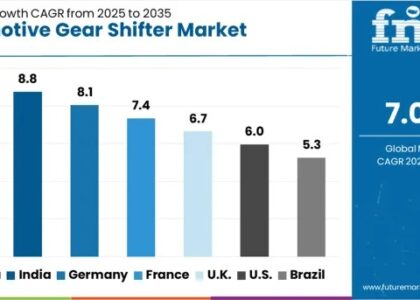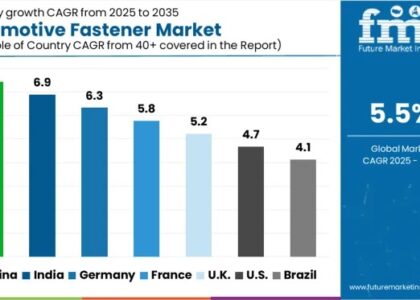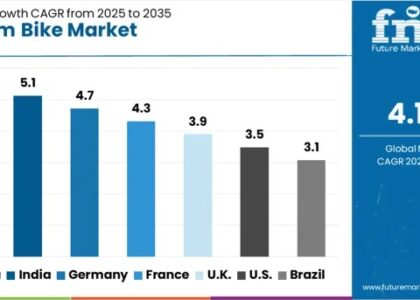India, with its abundant sunshine and growing focus on clean energy, presents a thriving market for residential solar inverters. These critical devices convert the direct current (DC) electricity generated by solar panels into usable alternating current (AC) for powering homes. Let’s delve into the key drivers, emerging trends, and the promising future of this dynamic market.
Market Drivers: Propelling Growth
The India residential solar inverter market is expected to witness significant growth, with a CAGR (Compound Annual Growth Rate) projected to be between 8.3% and 10.2% from 2023 to 2033. This growth is fueled by several key factors:
- Government Initiatives: Government policies promoting rooftop solar installations through subsidies and net metering schemes are incentivizing homeowners to adopt solar power.
- Rising Electricity Costs: The increasing cost of conventional electricity is making solar power a more attractive and cost-saving option for residential consumers.
- Growing Environmental Concerns: A growing awareness of environmental issues is leading homeowners to embrace sustainable energy solutions like solar power.
- Technological Advancements: Advancements in inverter technology are leading to more efficient, compact, and user-friendly devices, making them more appealing for residential applications.
- Increased Urbanization: The rapid urbanization in India is creating a rise in residential energy demand, which solar power can help meet.
Get Exclusive Sample Copy of the Report: https://www.futuremarketinsights.com/reports/sample/rep-gb-17073
Market Trends: Shaping the Landscape
Several key trends are shaping the Indian residential solar inverter market:
- Shift Towards String Inverters: String inverters, which handle the output of multiple solar panels in a string, are becoming increasingly popular due to their cost-effectiveness and ease of installation.
- Demand for Smart Inverters: Smart inverters offer features like remote monitoring and data analysis, allowing homeowners to track their energy production and consumption efficiently.
- Focus on Microinverters: Microinverters, which are connected to individual solar panels, are gaining traction due to their modularity and ability to maximize power generation even in case of partial shading.
- Rising Importance of After-Sales Service: As homeowners become more reliant on solar power, the demand for reliable after-sales service and warranty options for inverters is increasing.
Future Scope: A Bright and Sustainable Outlook
The future of the Indian residential solar inverter market appears promising, driven by several factors:
-
- Expanding Focus on Renewable Energy: The Indian government’s ambitious renewable energy targets will continue to drive the adoption of solar power, including in the residential sector.
- Falling Solar System Costs: The decreasing cost of solar panels and inverters will make rooftop solar power systems more accessible to a wider range of homeowners.
- Technological Innovation: Continued advancements in inverter technology, such as improved efficiency and grid integration capabilities, will further enhance the attractiveness of solar power for homes.
Read more info: https://www.futuremarketinsights.com/reports/india-residential-solar-inverter-market





